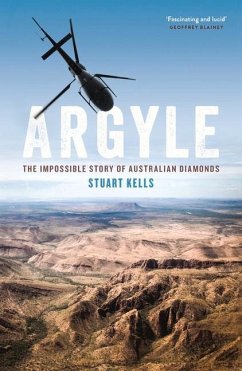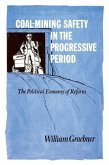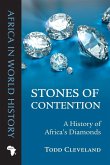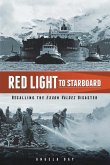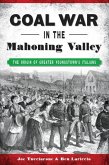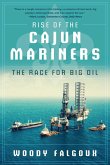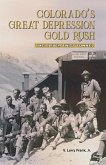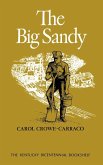This is the story of the intrepid Australian geologists who discovered pink diamonds in the Kimberley. This is a valuable insight into an industry once widely praised but now undervalued by a nation that relies on it so strongly. The remote Kimberley region of Western Australia has a rich history and unique geography. In the 1960s De Beers, the world's largest diamond company, sent gem-hunters to the area but they came away empty-handed. It was a vast region to survey, and they'd overlooked something vital. A few years later, a team of Australian geologists with a tiny budget searched for even tinier mineral clues. Those clues led them to the earth's largest diamond deposit and the world's richest source of rare pink diamonds. Based on in-depth research and interviews - including with Alan King Jones, Bill Leslie and 'the father of Australian diamonds', Ewen Tyle, this book details the almost overwhelming challenges with realising a diamond mining venture in Australia, shows how these obstacles were overcome, and explores the mine's impact and legacy. -

